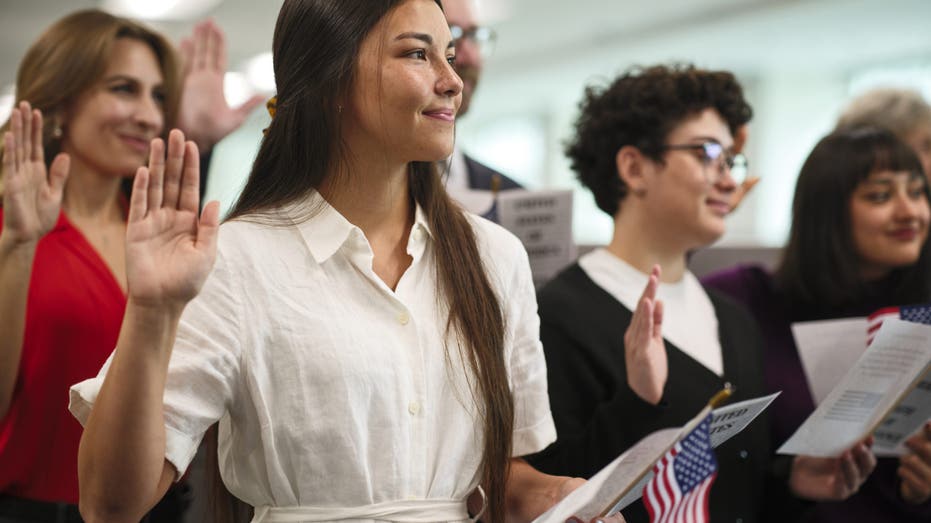Citizenship on Camera: What 'The American' Reality Show Reveals About Immigration

Sarah Johnson
June 7, 2025
Brief
Exploring 'The American,' a reality show where immigrants compete for U.S. citizenship, highlighting the value and challenges of naturalization in today’s America.
A proposed reality TV show titled "The American" has sparked both controversy and curiosity, with its unique premise of immigrants competing for naturalized U.S. citizenship on the steps of the Capitol. While its future remains uncertain due to the need for Department of Homeland Security approval, the concept has already drawn sharp criticism for being a publicity stunt tied to hard-line immigration policies. Yet, beneath the surface drama, there’s something worth celebrating: the spotlight on citizenship as a valuable and achievable goal.
For too long, the national conversation on immigration has fixated on the challenges of the undocumented, often sidelining the profound importance of legal naturalization. Citizenship isn’t just a status—it’s a commitment to uphold the Constitution, defend the nation, and engage with its democratic principles. Historically, America has welcomed waves of immigrants by fostering assimilation, as seen a century ago. Today, with 13.5 million legal immigrants eligible for citizenship, we’re naturalizing fewer than 730,000 annually. Why not reignite that drive?
A renewed focus on citizenship could benefit everyone. New citizens must pass a civics test in English and swear loyalty to the U.S., enriching our civic fabric. Moreover, naturalization could balance electoral representation. Currently, congressional districts are drawn based on total residents, not citizens, giving some areas with high noncitizen populations disproportionate influence with fewer actual voters. Encouraging citizenship could level this playing field, though predicting voting patterns remains complex.
Barriers to citizenship, however, are real. The $710 fee per family member, the need to study 100 civics questions, and limited access to English classes—often with long waitlists or inconvenient timings—pose significant hurdles. Yet, history offers inspiration. In the early 20th century, when the foreign-born population mirrored today’s levels, civil society led the charge through settlement houses like Jane Addams’ Hull House in Chicago. These community hubs provided everything from language lessons to citizenship prep, supported by local volunteers and donors.
Modern echoes of this spirit exist. In Reno, Nevada, volunteers tutor immigrants at home to accommodate night-shift workers, while in Port Chester, New York, community centers offer citizenship test support. These efforts remind us that a national movement isn’t just possible—it’s overdue. Rather than mocking a reality show for its theatrics, let’s embrace its underlying message: citizenship is a rite worth celebrating, a milestone that strengthens both the individual and the nation.
Topics
Editor's Comments
Turning citizenship into a reality show might sound like a Capitol Hill circus, but hey, if 'The American' gets us talking about naturalization, I’m grabbing popcorn! Honestly, it’s absurd we’ve got 13.5 million legal immigrants waiting in the wings while we’re stuck on rerun debates about walls. Let’s game-show this process—next up, a civics test obstacle course? Pass the Constitution, win a green card!
Like this article? Share it with your friends!
If you find this article interesting, feel free to share it with your friends!
Thank you for your support! Sharing is the greatest encouragement for us.



